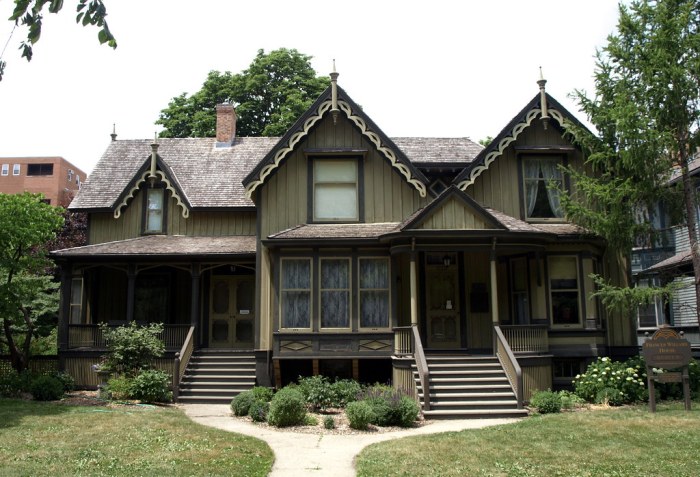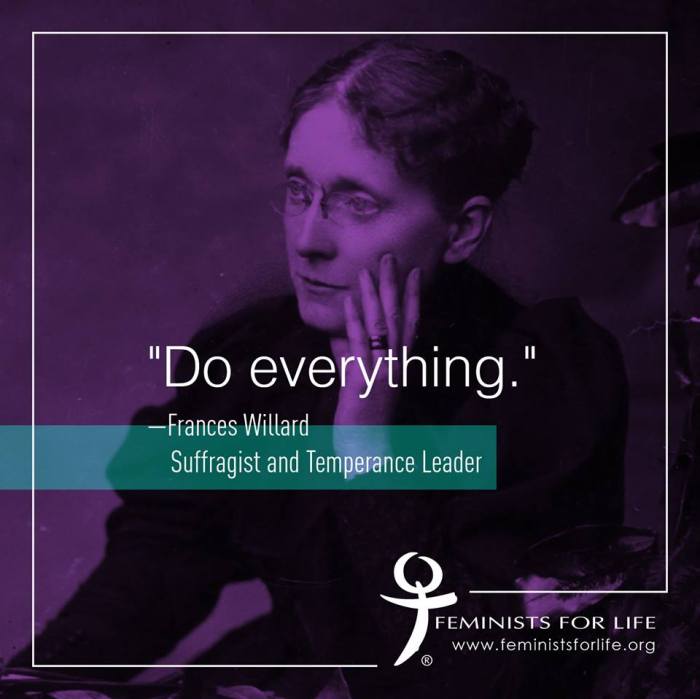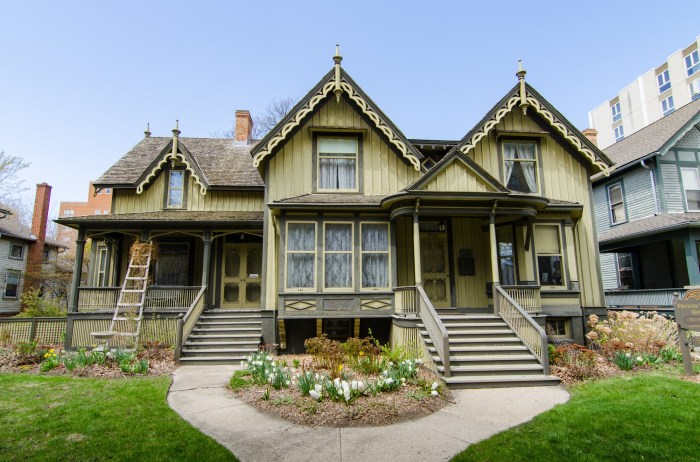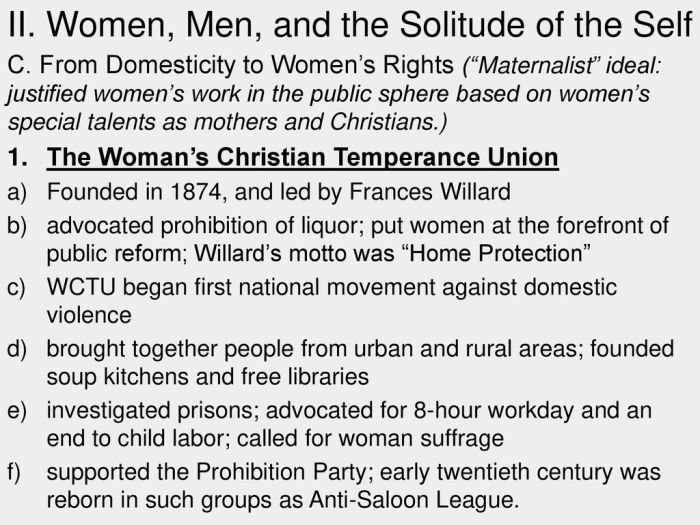Frances Willard led the Victorian campaign against a myriad of social ills, her unwavering leadership igniting a movement that reshaped society. Motivated by a deep-seated belief in the power of temperance, suffrage, and education, Willard employed innovative strategies to advocate for these causes, leaving an enduring legacy that continues to inspire.
This campaign, deeply rooted in the social and cultural landscape of the Victorian era, addressed pressing issues that plagued society. Temperance, a central focus, sought to combat the rampant alcoholism that ravaged communities. Suffrage, another key issue, aimed to empower women and grant them the right to vote.
Education, a pillar of Willard’s vision, was seen as a vital tool for empowering individuals and fostering social progress.
Frances Willard’s Role in the Victorian Campaign

Frances Willard, a prominent figure in the Victorian era, played a pivotal role in leading the campaign for social reform. Driven by her deep Christian faith and a passion for justice, Willard dedicated her life to advocating for the rights of women, children, and the marginalized.
Willard’s leadership was characterized by her strategic thinking and tireless efforts. She founded the Woman’s Christian Temperance Union (WCTU) in 1874, which quickly grew into a powerful organization with over a million members. Through the WCTU, Willard mobilized women to engage in political activism, petition campaigns, and educational programs aimed at addressing social issues.
Key Issues of the Campaign, Frances willard led the victorian campaign against
The Victorian campaign focused on a wide range of social issues, including:
- Temperance: The campaign sought to reduce alcohol consumption and its associated social problems, such as domestic violence, poverty, and crime.
- Women’s suffrage: The campaign advocated for the right of women to vote and hold public office.
- Child labor: The campaign worked to end the exploitation of children in the workforce and promote education for all children.
- Social purity: The campaign promoted moral values and sought to protect women from sexual exploitation and abuse.
These issues were deeply intertwined with the social and cultural context of the Victorian era. Alcoholism, for example, was a widespread problem that had devastating effects on families and communities. Women’s suffrage was seen as a way to empower women and give them a voice in shaping society.
Child labor was a common practice that deprived children of their education and subjected them to dangerous working conditions.
Methods of Social Reform
Frances Willard and other campaigners used a variety of methods to promote social reform:
- Education: The WCTU established a vast network of educational programs, including lectures, classes, and publications, to raise awareness about social issues and promote moral values.
- Lobbying: The WCTU lobbied government officials and legislators to pass laws that supported their causes, such as prohibition and women’s suffrage.
- Political activism: The WCTU organized mass rallies, protests, and petition campaigns to pressure decision-makers and mobilize public support.
- Community outreach: The WCTU established settlement houses and other community programs to provide social services and support to the poor and marginalized.
These methods were effective in raising awareness, influencing public opinion, and achieving legislative changes. The WCTU’s lobbying efforts, for example, were instrumental in the passage of the 18th Amendment, which prohibited the sale, manufacture, and transportation of alcohol in the United States.
Impact of the Campaign
The Victorian campaign had a profound impact on American society:
- Temperance: The campaign led to the passage of prohibition, which significantly reduced alcohol consumption and its associated social problems.
- Women’s suffrage: The campaign played a major role in the passage of the 19th Amendment, which granted women the right to vote.
- Child labor: The campaign helped to establish child labor laws that protected children from exploitation and promoted education.
- Social purity: The campaign raised awareness about the issue of sexual exploitation and abuse, and led to the establishment of organizations dedicated to protecting women.
The legacy of the Victorian campaign continues to shape American society today. The prohibition movement, despite its eventual repeal, laid the foundation for modern alcohol control policies. The fight for women’s suffrage inspired subsequent movements for civil rights and gender equality.
And the efforts to protect children from exploitation and abuse continue to be a priority for policymakers and social reformers.
Q&A: Frances Willard Led The Victorian Campaign Against
What were Frances Willard’s primary motivations for leading the Victorian campaign?
Willard was driven by a deep-seated belief in the power of temperance, suffrage, and education to transform society and empower individuals, particularly women.
How did Willard’s strategies and tactics contribute to the success of the campaign?
Willard employed innovative methods, such as mass rallies, petitions, and lobbying, to raise awareness, mobilize support, and influence policymakers.
What were some of the key challenges faced by Willard and her fellow campaigners?
The campaign encountered resistance from powerful interests, including the alcohol industry and those opposed to women’s rights. Despite these obstacles, Willard’s unwavering determination and strategic leadership prevailed.


